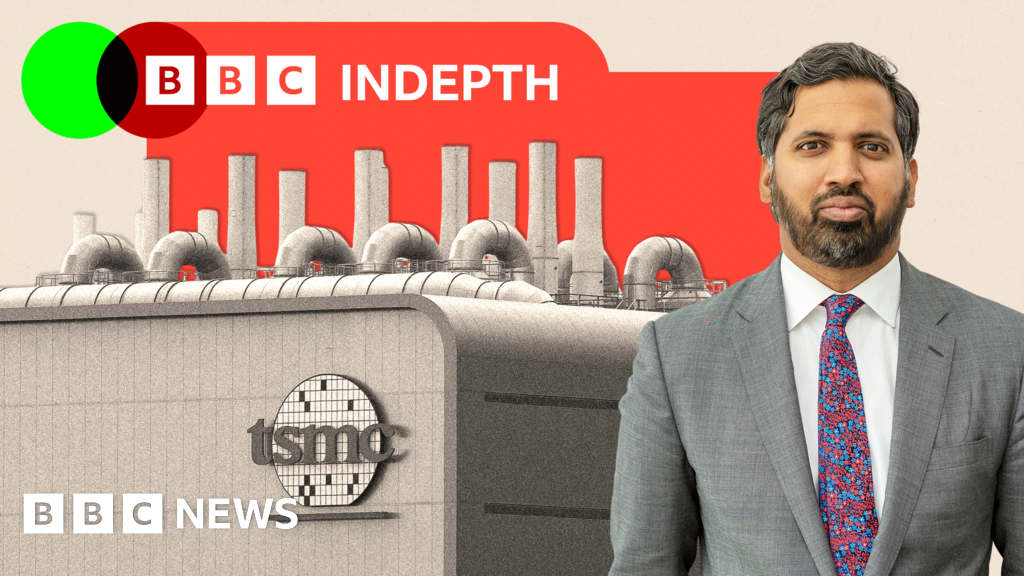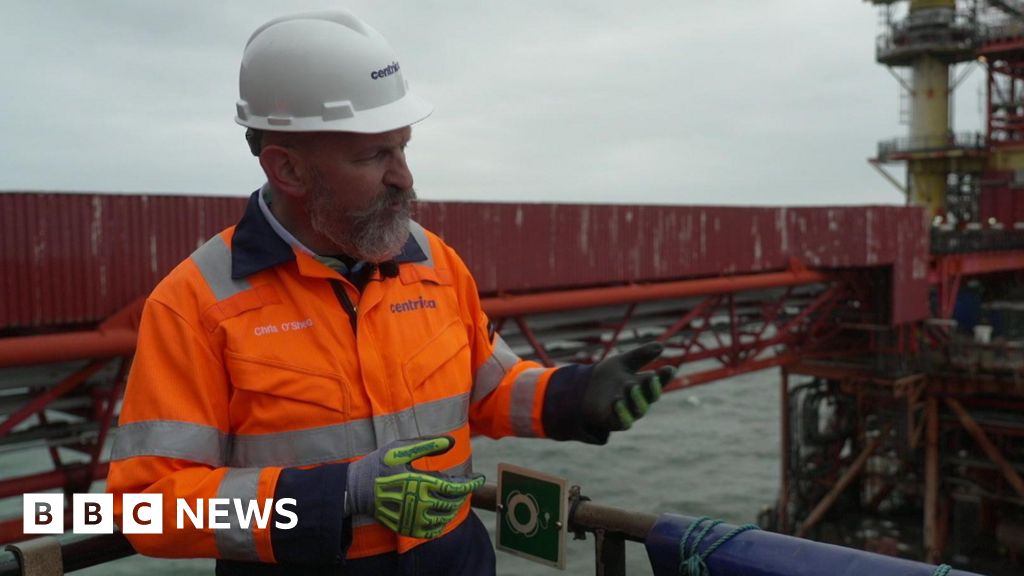ARTICLE AD BOX
 Image source, Getty Images
Image source, Getty Images
Taxpayers will be exposed to the debts and running costs of Thames Water if the government has to take it over, the Business Committee chair has said.
The UK's largest water company, which serves a quarter of the UK population, is in talks to secure extra funding as it struggles to pay its debts.
On Wednesday, the government said it was ready to act in a worst case scenario if the company collapsed.
Regardless of what happens, water supplies will continue as normal.
Speaking to BBC Breakfast, Labour MP Darren Jones, the chair of the Business and Trade Committee, said that if the government was forced to take over the running of Thames Water, "taxpayers will be exposed to the debt and running costs of a very large company".
He said that the problems seen at energy companies in recent years showed that: "We have to take on the cost of running these failed businesses, which is why it's so galling for taxpayers when they see that regulators and minsters have failed to spot this problem before it all blew up."
On Wednesday, the government said "a lot of work is going on behind the scenes" with Thames Water and it had a process in place "if necessary".
Business Secretary Kemi Badenoch said she was "very concerned" by the situation, adding "we need to make sure Thames Water as an entity survives".
Thames Water has come in for strong criticism over its performance following a series of sewage discharges and leaks. The firm leaks more water than any other water company in UK, losing the equivalent of up to 250 Olympic size swimming pools every day from its pipes.
Thames Water has said it is trying to raise the cash it needs, and is keeping water regulator Ofwat informed on progress, and that it still had "strong" cash and borrowing reserves to draw on.
But the firm is understood to be struggling to raise the money it needs to service its substantial debt pile, which is around £14bn. Interest payments on more than half of its debt are linked to the rate of inflation, which has soared over the last year.
If the firm cannot secure additional funding, it could be temporarily taken over by the government until a new buyer is found, in a special administration regime (SAR). This route was most recently taken with energy supplier Bulb after it ran into financial difficulties.
On Tuesday, Thames Water's chief executive Sarah Bentley quit the business after just two years in the job. It came weeks after she was asked to forgo her bonus over the company's handling of sewage spills.

 1 year ago
36
1 year ago
36








 English (US) ·
English (US) ·